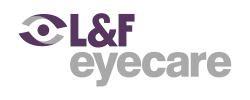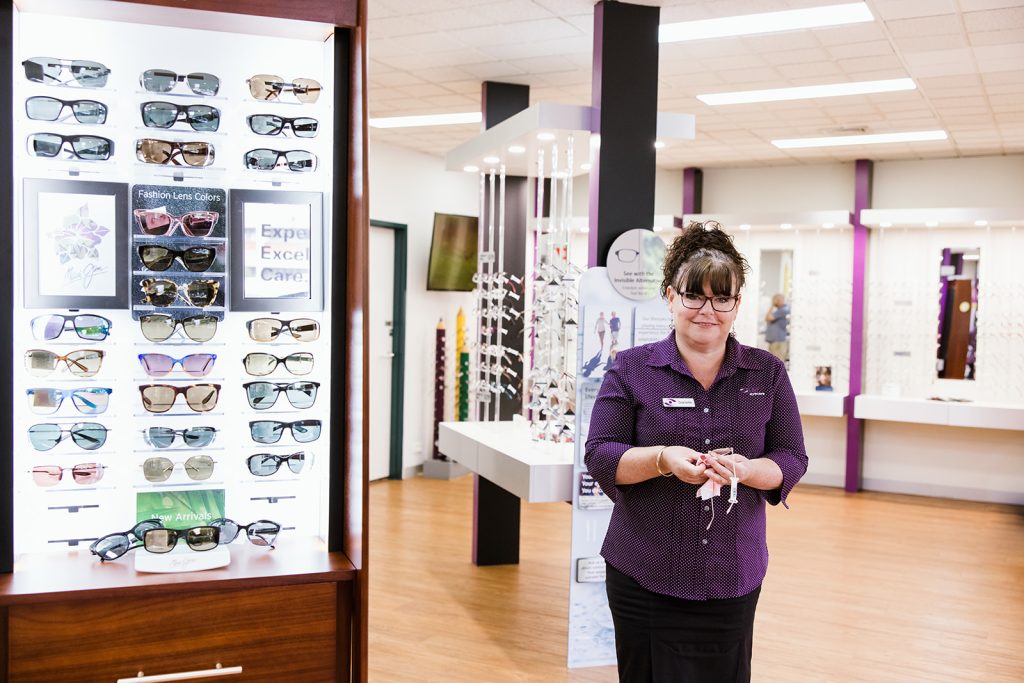Understanding Health Benefit Extras with an Optometrist: What Optometry Benefits you Can Claim in Australia
When it comes to private health insurance in Australia, many people are familiar with the concept of “extras” cover. These are the additional services that aren’t usually covered under standard hospital insurance. One common and valuable extra is optometry, which can help cover various costs associated with eye care. Understanding what you can claim on your health benefit extras when visiting an optometrist is key to maximising your benefits and ensuring that you receive the best possible care for your eyes.
1. Optical Consultations and Eye Tests Most extras policies include coverage for eye tests or consultations with an optometrist. Medicare also covers a standard eye test once every three years for people under 65, and once a year for those over 65. However, if you need more frequent eye tests or more specific assessments not covered by Medicare, your extras insurance might pick up the gap. These consultations can include tests for conditions like glaucoma, macular degeneration, and other general eye health check-ups.
2. Prescription Glasses and Contact Lenses A significant portion of the optometry benefits in extras cover is dedicated to prescription glasses and contact lenses. Depending on your policy, you can typically claim a certain amount back on the cost of new glasses or contact lenses. This might include:
- Frames: The cost of new frames for your glasses is usually partially covered. Some policies might offer a fixed dollar amount or a percentage of the purchase price.
- Lenses: If you need prescription lenses (single vision, bifocal, multifocal, or even more complex options like progressive lenses), many extras policies will provide a benefit to help offset the cost. This can also include specialty lenses like blue-light filtering lenses for digital screen use.
- Contact Lenses: Those who prefer contacts over glasses can usually claim some of the costs of disposable or non-disposable contact lenses. This might be a set amount per year or a percentage of the total cost.

Our friendly Optometry team are here to help you
3. Prescription Sunglasses In Australia, with our high UV exposure, protecting your eyes from the sun is particularly important. Many extras covers allow claims for prescription sunglasses. This can be especially useful if you spend a lot of time outdoors or need prescription lenses for driving, sports, or leisure activities. Prescription sunglasses claims often fall under the same category as standard glasses, so you may need to choose between the two in a given claim period.
4. Repairs and Adjustments If your glasses need repairs, such as fixing a broken frame or adjusting the fit, some extras policies will provide a small benefit for these services. While it may not cover the entire cost, it’s worth checking if your policy offers any assistance for minor repairs. This can be particularly helpful if you have high-end frames that need professional adjustments.
5. Orthokeratology (Ortho-K) For those who opt for more advanced vision correction solutions like orthokeratology (Ortho-K), which uses special contact lenses to reshape the cornea and correct vision overnight, some health extras policies may offer a rebate. Coverage for Ortho-K is less common and usually applies to policies with a higher level of extras cover. It’s worth checking with your insurer if this is a service you’re considering.
6. Vision Therapy Vision therapy may be recommended for certain eye conditions, such as amblyopia (lazy eye), strabismus (eye alignment issues), or convergence insufficiency. Some health insurance extras policies may provide benefits for vision therapy sessions conducted by a qualified optometrist or orthoptist. This type of therapy is more specialised, so it’s often only covered under more comprehensive extras policies.
How to Maximise Your Health Extras for Optometry
- Know Your Limits: Each extras policy has annual limits for each type of claim (e.g., glasses, contact lenses). Make sure you know what your limits are and how often they reset (usually every calendar or financial year). This way, you can plan your purchases accordingly.
- Shop Around: Some optical retailers offer direct billing, allowing you to use your extras benefit at the point of sale. Others might provide discounts to certain health funds. Comparing offers can help you get the most out of your rebate.
- Use It or Lose It: Many extras benefits are “use it or lose it,” meaning that if you don’t make a claim within the benefit year, the allowance expires. If you’re approaching the end of your claim period, it might be worth getting that extra pair of glasses or a fresh supply of contact lenses.
- Check for Preferred Providers: Some health funds have arrangements with specific optometrists or optical retailers, offering higher benefits or discounts if you use these providers. It can be worth checking if your insurer has preferred providers in your area to increase your savings.
In Summary: Take Care of Your Eyes and Your Wallet
Having extras cover that includes optometry can provide peace of mind and help you manage the costs of maintaining your vision. From prescription glasses and contacts to routine eye tests, there are several ways to claim back on your optometry needs. Always review your policy details or speak with your insurer to ensure you’re making the most of your coverage. That way, you can keep your eyes healthy and your out-of-pocket expenses to a minimum!
Drop in and see us at any of our three Gippsland practices, our friendly team are here to help!

